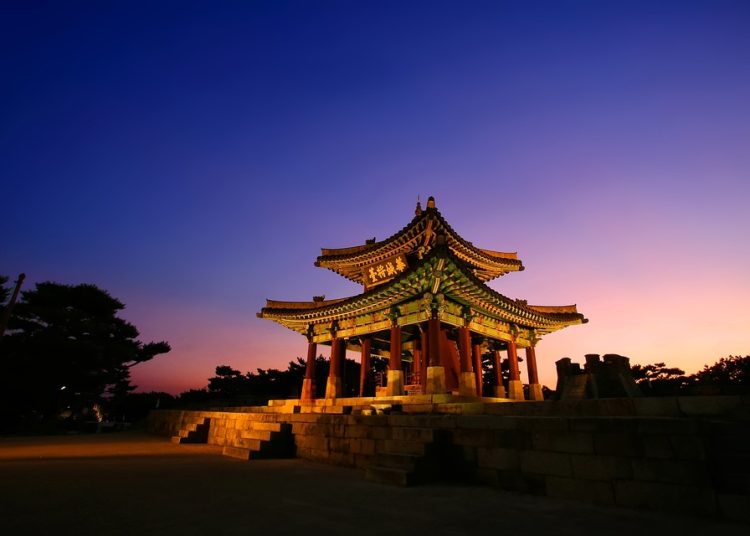Unveiling the Mysteries of Folklore: Exploring Timeless Traditions
Folklore is a rich tapestry of stories, beliefs, customs, and traditions that have been passed down through generations. These timeless tales and practices provide a window into the cultural heritage of a society, offering insights into its values, fears, and aspirations. In this article, we will delve into the world of folklore, unraveling its mysteries and exploring the significance of these age-old traditions.
The Origins of Folklore
Folklore has its roots in the oral traditions of ancient civilizations, where stories were passed down from one generation to the next through spoken word. These tales often revolved around mythological beings, heroes, and supernatural events, serving as a means of entertainment, education, and moral instruction.
Over time, folklore evolved to encompass a wide range of cultural practices, including music, dance, crafts, and festivals. Each region and community developed its own unique folklore, reflecting the beliefs and values of its people.
The Role of Folklore in Society
Folklore plays a vital role in shaping the identity of a society, providing a sense of continuity and connection to the past. These stories and traditions are often used to reinforce social norms, promote unity, and instill a sense of belonging among community members.
Furthermore, folklore serves as a repository of knowledge, preserving the wisdom of past generations and offering insights into the challenges and triumphs of the human experience. By studying folklore, we can gain a deeper understanding of the cultural heritage of a society and the values that shape its identity.
Common Themes in Folklore
While folklore varies widely from culture to culture, there are several common themes that appear across different traditions. These include:
- Mythological beings such as gods, spirits, and monsters
- Heroes and heroines who overcome great challenges
- Supernatural events and phenomena
- Moral lessons and ethical dilemmas
These themes serve as a reflection of the human experience, exploring universal concepts such as love, loss, bravery, and betrayal. By studying these common motifs, we can gain insight into the shared values and beliefs that unite us as a global community.
Exploring Folklore Around the World
Every culture around the world has its own rich tapestry of folklore, with stories and traditions that have been passed down through generations. From the epic poems of ancient Greece to the fairy tales of the Brothers Grimm, folklore has played a central role in shaping the cultural identity of societies throughout history.
One of the most well-known examples of folklore is the mythology of ancient Egypt, which features gods, pharaohs, and mythical creatures such as the sphinx and the phoenix. These stories were passed down through hieroglyphs, inscriptions, and oral traditions, providing a glimpse into the beliefs and values of one of the world’s oldest civilizations.
In Japan, folklore is often centered around supernatural beings known as yokai, which are said to inhabit the natural world and bring good luck or misfortune to those they encounter. These creatures are featured in traditional art, literature, and theater, serving as a reminder of the interconnectedness of humans and nature.
Preserving and Celebrating Folklore
As the world becomes increasingly interconnected, many traditional folklore practices are at risk of being lost or forgotten. In order to preserve these valuable cultural heritage, it is important for communities to actively celebrate and promote their folklore traditions.
One way to do this is through festivals and events that showcase traditional music, dance, crafts, and storytelling. By engaging with these traditions in a meaningful way, we can help to ensure that they are passed down to future generations and continue to enrich our cultural heritage.
Conclusion
Folklore is a treasure trove of stories, beliefs, and traditions that have been passed down through generations. By exploring the mysteries of folklore, we can gain a deeper understanding of the cultural heritage of a society and the values that shape its identity. Through the preservation and celebration of folklore traditions, we can ensure that these timeless tales continue to inspire and enchant us for generations to come.
So, next time you hear a folk tale or attend a traditional festival, take a moment to appreciate the richness and depth of the folklore tradition. You may just uncover a hidden gem of wisdom or a timeless lesson that has been passed down through the ages.












